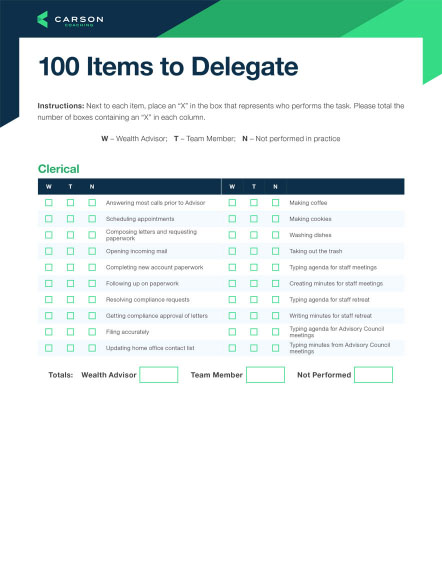Workplace diversity is often focused on gender and ethnicity—like achieving balanced representation of men and women or reflecting the demographics of a firm’s local community or customer base.
Yet firms that extend this focus to include people with disabilities are discovering additional advantages. Hiring differently-abled employees can foster innovation, enhance customer experience and boost overall employee engagement, a known driver of productivity.
Adversity Increases Resilience
Managing a disability while navigating life’s challenges adds a unique layer of adversity, which research shows can foster resilience. Studies suggest that people who face moderate adversity often become more resilient than those who do not.
Adversity also helps develop confidence in one’s ability to overcome obstacles, as mindset influences how people respond to stress. Those who view stress as a threat may avoid it, while those who see it as a challenge are often motivated to tackle it directly.
Hiring resilient employees—those who thrive in the face of challenge—means building a team that can persevere through headwinds and achieve firm goals. Individuals who develop problem-solving skills and adaptability in challenging situations bring essential qualities for innovation.
Organizations Miss Out on Hiring Great Employees
Research indicates that disabled employees tend to be highly engaged when they feel supported and included in the workplace. A study by the Job Accommodation Network (JAN) found that reasonable accommodations not only improve job satisfaction, but also enhance overall engagement levels among disabled workers.
Additionally, organizations that prioritize diversity and inclusion report higher employee engagement scores, as these environments foster a sense of belonging and recognition. Engaged disabled employees are often more committed to their roles, leading to lower turnover rates and increased productivity.
Overall, cultivating an inclusive workplace culture significantly boosts engagement for disabled individuals, benefiting both employees and employers.
A Client-Centered Approach Leads to Higher Customer Loyalty
Employees with disabilities bring valuable insights and a client-centric perspective in their work, which can enhance the overall client experience. Being aware of their own accessibility needs and those of others positions them to offer creativity to design more inclusive and user-friendly products and services.
Customer-first companies like Disney, Google, Apple and Amazon demonstrate that a seamless client experience is a powerful business driver, fostering loyalty and increasing share of wallet.
Empathy Drives Engagement
A diverse workforce helps cultivate a culture of empathy and understanding—key drivers of innovation and a client-centered approach. When employees feel they can bring their whole selves to work, they gain a sense of security that encourages them to share unique perspectives. This openness can spark fresh ideas and creative solutions, fostering a dynamic approach to problem-solving.
Firms in financial services face intense competition along with regulatory pressures, ever-evolving tech challenges and shifting markets. Employees who stay committed despite these conditions, put clients first, embrace diverse viewpoints and approach challenges with new ideas are invaluable assets.
By valuing the contributions of a diverse team, organizations can nurture a culture of innovation that benefits employees and strengthens the bottom line.


